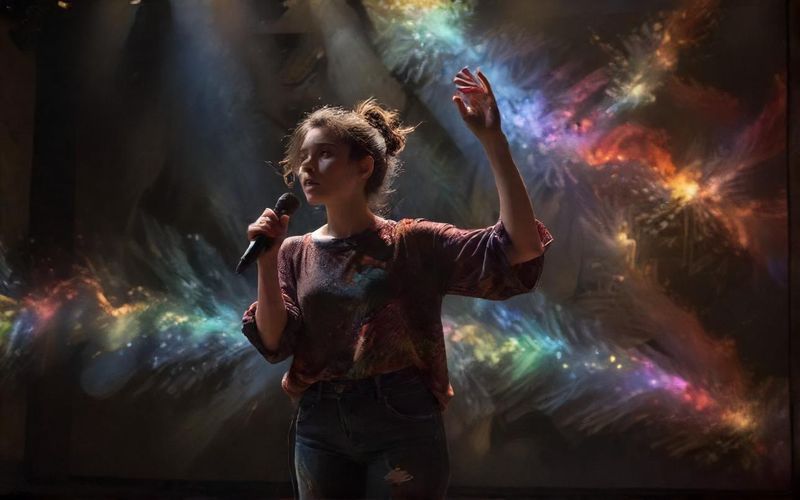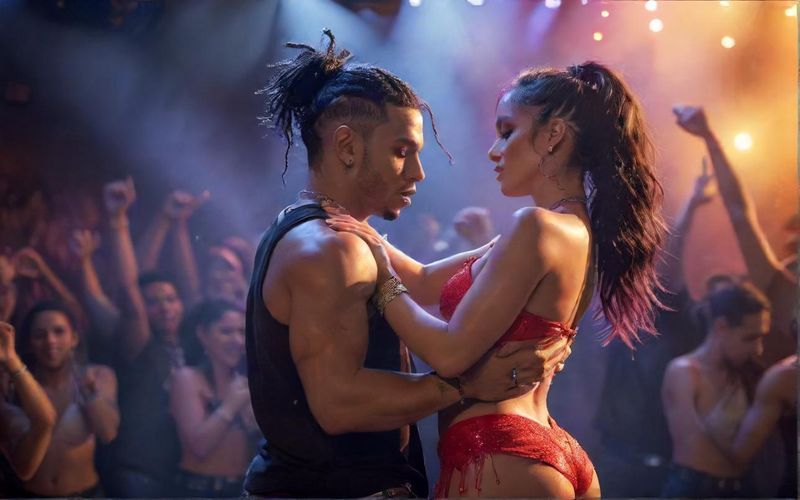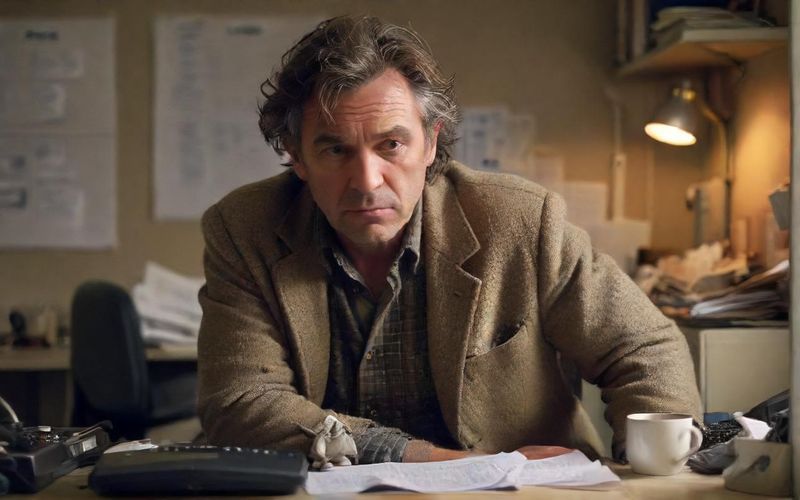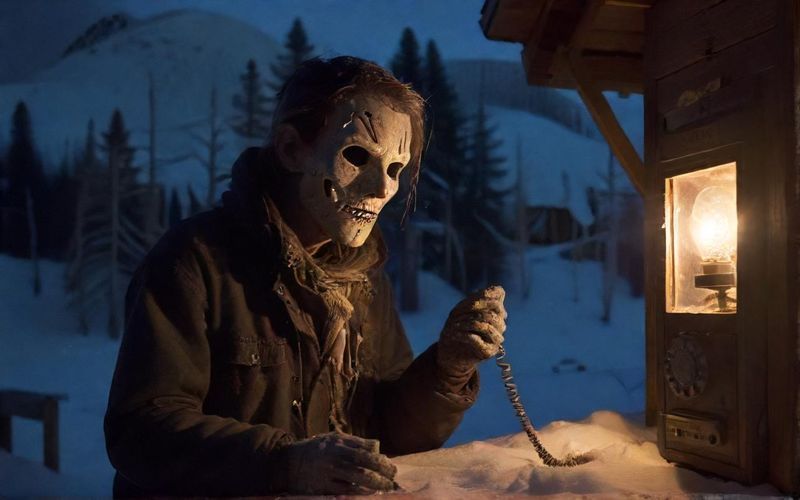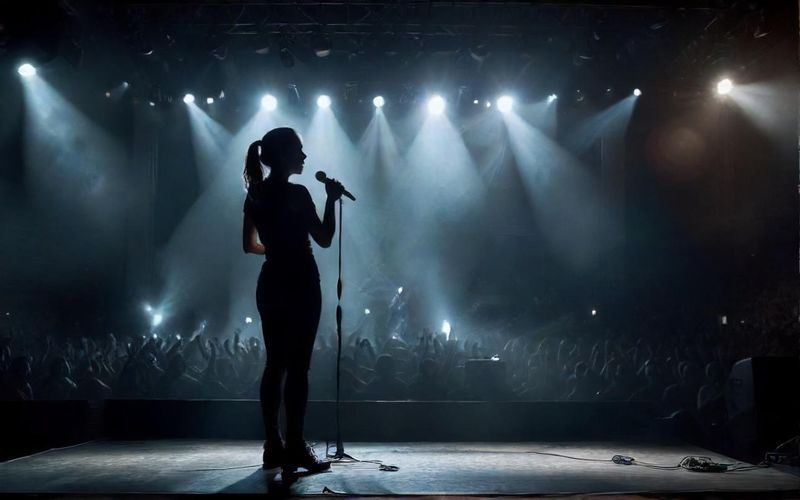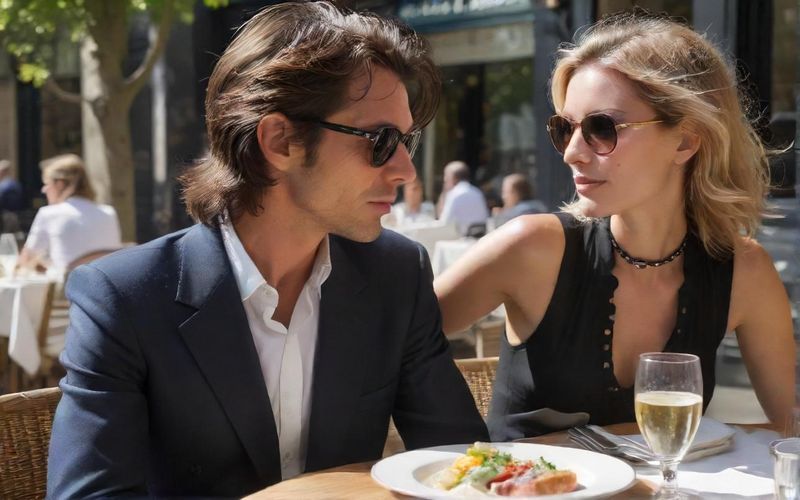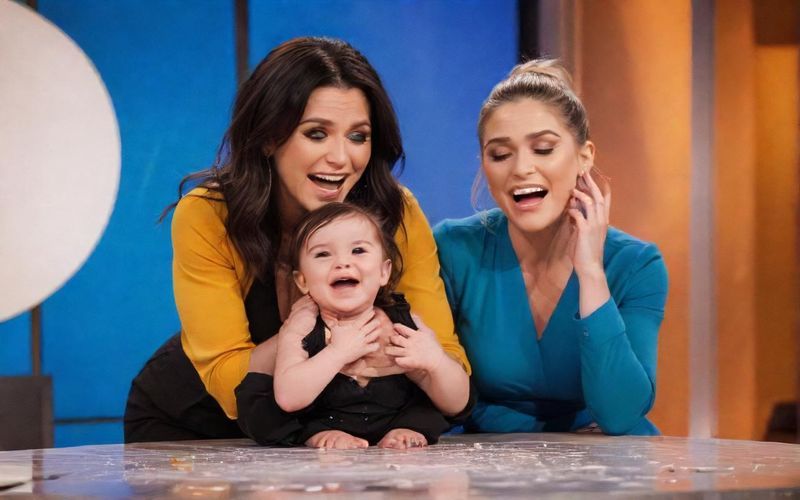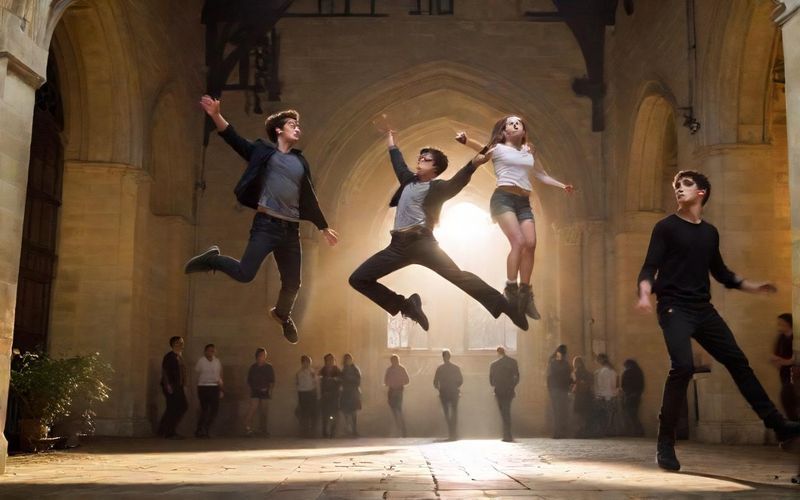Winkleman's Traitors: What Has Viewers Hooked?
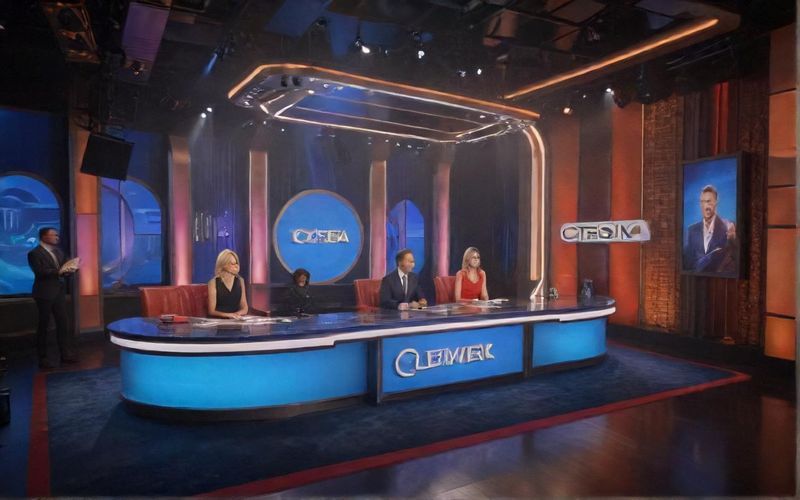
What’s really striking is the sheer scale of its popularity. As reported by one source, the first episode alone pulled in over 11.7 million viewers, with a significant chunk being younger audiences. That's not just a number; it speaks to something deeper, a shared experience that’s cutting through the usual noise. It makes you wonder what it is about this blend of strategy and human psychology, set against a dramatic backdrop, that captivates us so thoroughly.
And then there's Claudia Winkleman. She's more than just a host; she’s the perfect conductor of this orchestrated chaos. Her signature style, her knowing glances, her ability to both draw out confessions and maintain an air of mystery – it's all part of the magic. You can practically feel the tension in the room when she’s there, can’t you? It's as if she’s privy to all the secrets, and we’re all just along for the ride, trying to keep up.
It’s interesting to hear from past contestants, too. They suggest that the celebrity element adds a whole new layer of complexity. They have to be even more cunning, more deceptive, because everyone already knows who they are, their public personas. It's a game of heightened stakes, where the lines between the character they play on screen and their actual selves must be expertly blurred. The idea of Jonathan Ross and Alan Carr as traitors, for instance, offers that perfect blend of known personality and potential for dramatic betrayal.
This entire endeavor, from the meticulously planned betrayals to the desperate pleas of the innocent, has clearly struck a chord. It’s a reminder of our own fascination with puzzles, with the human capacity for both loyalty and cunning. As the final episode looms, with the promise of a grand reveal and a special Uncloaked episode with Claudia Winkleman herself, you have to ask: what is it about watching celebrities play a game of deceit that makes us feel so invested?
